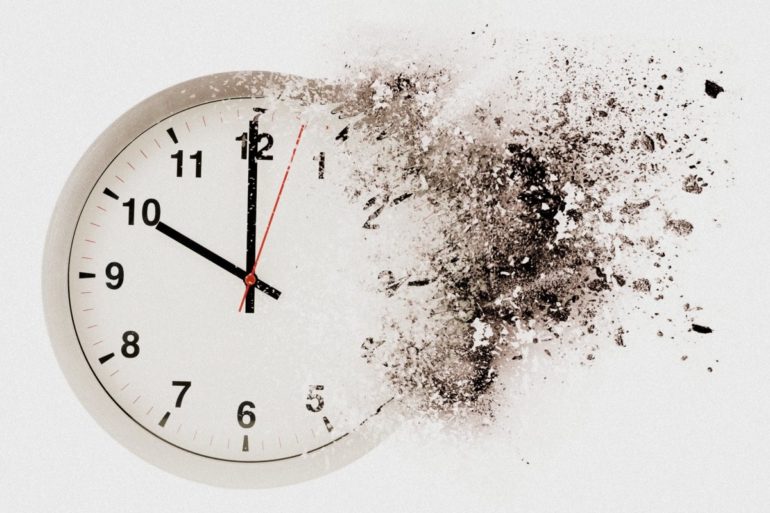Keep refreshing your goals in your mind, so you think about them often. Here are some ways to do just that.
One of the keys to happiness -- as well as productivity and effectiveness at work -- is finding work you love, that you’re passionate about. Work you want to do, instead of just have to do.
Our attention is often pulled in too many directions, leaving us feeling overloaded, distracted, chaotic, spread thinly, without focus. So what can you do?
It is a beautiful thing to create, to produce, to go out there in the world and make a contribution. But it is just as important that we teach others to create and produce, that we encourage them...
If you don’t know how, learn how. Use that fancy brain that learned how to walk, talk, and read. It’s still capable of further learning, is it not? Of course it is!
The authors of this study looked closely at the ways beginners versus experts respond to negative or positive feedback.
Excuses are lies we tell ourselves to avoid dealing with unpleasant truths. But as long as we buy into those excuses, we can never move past them.
When people consider a particular goal, they often worry about the time commitment: 'If I start a business now, it could take years to make it profitable.' Such thoughts reveal a total misunderstanding of the nature of time.
When someone has a great idea, they hoard that idea. They don’t give it away. They shelter and protect it. They keep it to themselves in fear that someone else might take it. Why would you do that?
If you don’t believe you’ll succeed, then some parts of you will resist your goal, and your progress will be frustratingly slow.
I make a living doing what I love, and doing what you love for a living is fantastic.
People who watch funny videos on the internet at work aren't necessarily wasting time.
When purchasing items online, reading customer reviews is a convenient way to get a real-world account of other people's opinions of the product.
Happy individuals are predisposed to seek out and undertake new goals in life and this reinforces positive emotions, say researchers who examined the connections between desirable characteristics, life successes and well-being of over 275,000 people.
Most self-help books on the subject offer tips on how to maximize one’s bliss, but one study suggests that moderate happiness may be preferable to full-fledged elation.
Gretchen Rubin is a published author who wrote 'The Happiness Project' -- a memoir about how test-driving every principle, tip, theory, and scientific study she could find -- whether from Aristotle or St Therese or Martin Seligman or Oprah.
It's hard to keep yourself going when you don’t feel the same excitement as you did in the beginning.
Too often we get stuck in inaction -- the quagmire of doubt and perfectionism and distractions and planning that stops us from moving forward.
When we're waiting in line or sitting in a boring meeting, time seems to slow down to a trickle. And when we get caught up in something completely engrossing - a gripping thriller, for example - we may lose sense of time altogether.
Even the most motivated of us can feel unmotivated at times. In fact, sometimes we get into such a slump that even thinking about making positive changes seems too difficult.
Can money buy happiness? Is ignorance truly bliss? Are happy people shallow and unaware of the problems of the world? Can a person be too happy?
People who look at the past through rose-tinted glasses are happier than those who focus on negative past experiences and regrets.
“Always remember, your focus determines your reality.”
It’s amazing how one simple, easy, positive action can change so much in a person’s life. One of the things that has had the biggest effect on my life is the realization of the power of gratitude. Simply giving thanks.























